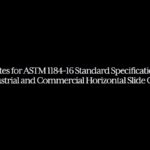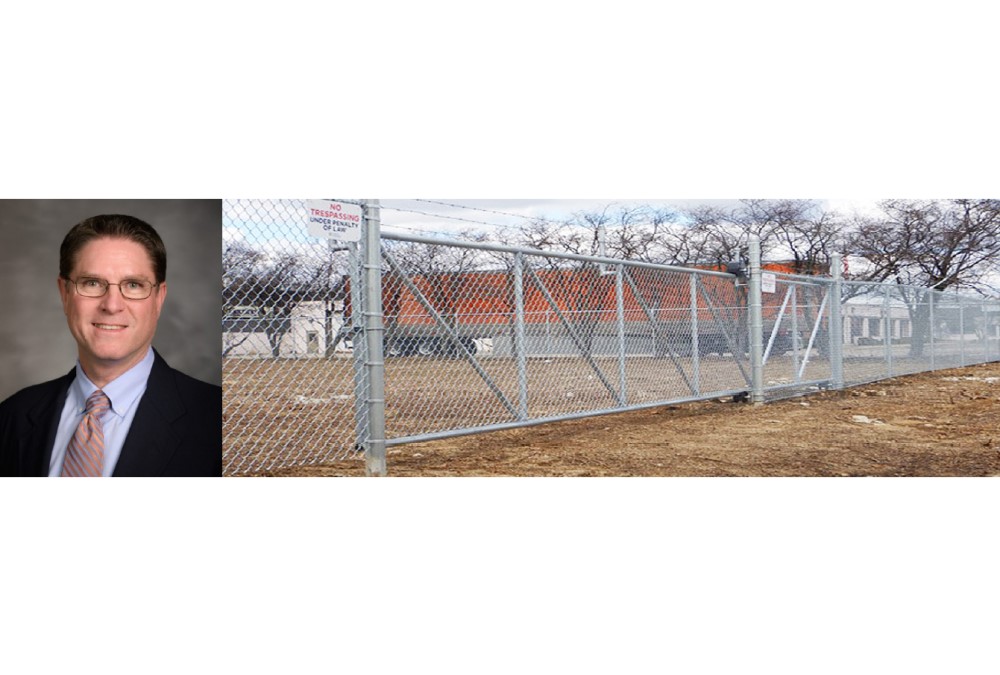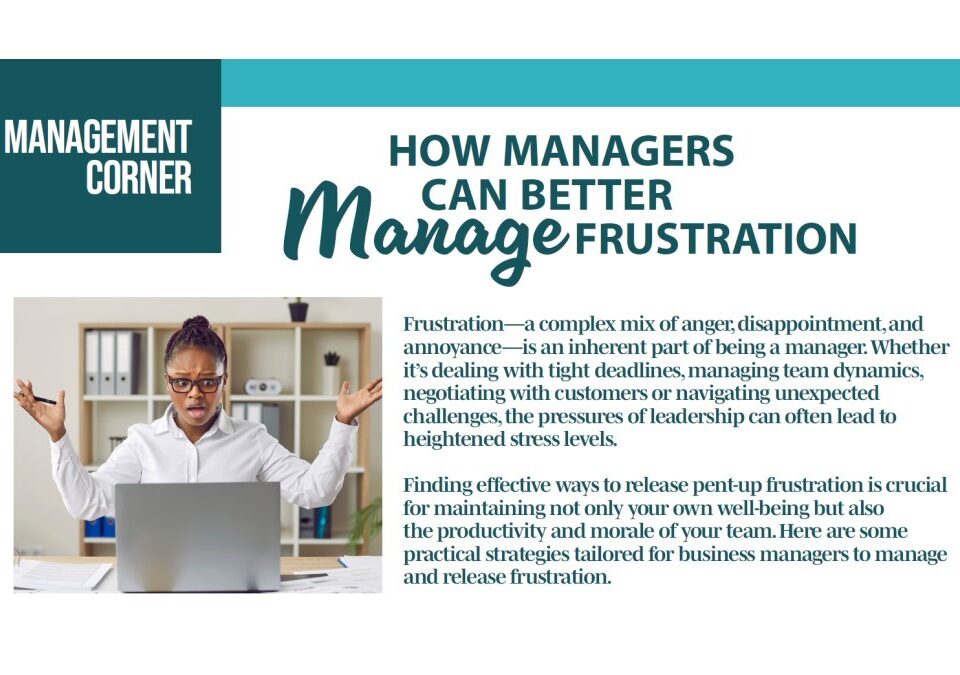
Sneak Peek of Exhibits
November 29, 2023
Updates for ASTM 1184-16 Standard Specification for Industrial and Commercial Horizontal Slide Gates
December 28, 2023Standard Specification for Polyvinyl Chloride (PVC), Polyolefin and Other Polymer-Coated Steel Chain Link Fence Fabric
by Tony Thornton President, Thornton Fence Consulting Group
The standard specification for polyvinyl chloride (PVC), polyolefin and other polymer-coated steel chain link fence fabric is typically provided by industry organizations and government agencies to ensure the quality, durability, and performance of chain-link fence fabric coating. One such organization that provides standards for various materials and products is ASTM International, formerly known as the American Society for Testing and Materials.
These standards include detailed information about the materials, manufacturing processes, and performance requirements for PVC coated chain-link fence fabric. They may cover aspects such as the dimensions, coatings, strength, and corrosion resistance of the fabric.
As an example, polyvinyl chloride (PVC), polyolefin and other polymer-coated steel chain link fence fabric has a designation like “ASTM F668 – XX”. The “XX” would be replaced with the year of the standard’s latest revision.
Testing methods for polyvinyl chloride (PVC), polyolefin and other polymer-coated steel chain link fence fabric, as outlined in standards or similar documents, are essential to ensure that the coating and fabric meets the specified requirements for quality, performance, and durability. Some common testing methods that may be associated with such standards include:
Wire Diameter Measurement: This involves measuring the diameter of the steel wire used in the chain-link fabric. Wire diameter is an important factor affecting the fabric’s strength and durability.
Mesh Size Measurement: The size of the mesh openings in the fabric is critical and should be measured according to specified dimensions.
Tensile Strength Testing: This test determines the maximum load a chain-link fabric can withstand without breaking. It ensures that the fabric meets the required strength standards.
Coating Thickness Measurement: The thickness of the coating on the steel wire is important for corrosion resistance and uniformity. Coating thickness can be measured using several different methods.
Adhesion of Coating: To ensure that the coating adheres properly to the steel wire, tests may be conducted to assess the adhesion strength.
Bend Test: This test evaluates the fabric’s ability to withstand bending without significant damage or cracking.
Impact Resistance Test: To ensure that the fabric can withstand impacts without breaking or deforming excessively, impact resistance testing may be performed.
Elongation Test: This test measures the amount of elongation or stretching that the fabric can withstand before failure.
Coating Integrity Test: A test to check the uniformity and integrity of the coating, looking for areas with insufficient or no coating.
Salt Spray Testing: This test exposes the fabric to a salt spray environment to assess its resistance to corrosion.
Weathering Test: Evaluates the fabric’s performance under various weather conditions over time, including exposure to sunlight, rain, and temperature fluctuations.
Chemical Resistance Testing: Evaluates the fabric’s resistance to chemical exposure, especially if it will be installed in environments with corrosive substances.
Pullout Test for Ties and Lacing Wire: This test assesses the strength of ties and lacing wires used to connect the fabric to posts and rails. These testing methods ensure that polyvinyl chloride (PVC), polyolefin and other polymer-coated steel chain link fence fabric meets the specified standards and will perform as expected in terms of strength, durability, and resistance to corrosion. The specific methods and requirements can vary depending on the standard being followed, so it’s essential to refer to the relevant standard document for detailed information on testing procedures.
To obtain the most current and detailed information, it is advisable to check the ASTM website or consult the relevant industry association or government agency responsible for setting and enforcing these standards. Manufacturers and contractors often use these standards as a reference to ensure the quality and safety of chain-link fencing materials and installations.
Tony Thornton is a 45+ year veteran of the fence industry and is a subject matter expert in all areas of fence and gate automation. His passion is to elevate and promote the fence industry in a professional manner and provides consulting services to support fence industry owners in understanding how to implement effective procedures into their operation and maximize their profitability.
Thornton Fence Consulting Group
4261 East University Drive
PMB #30-108
Prosper, Texas, 75078
Phone: 972-533-3658
Email: [email protected]
Website: www.fenceconsultinggroup.com




